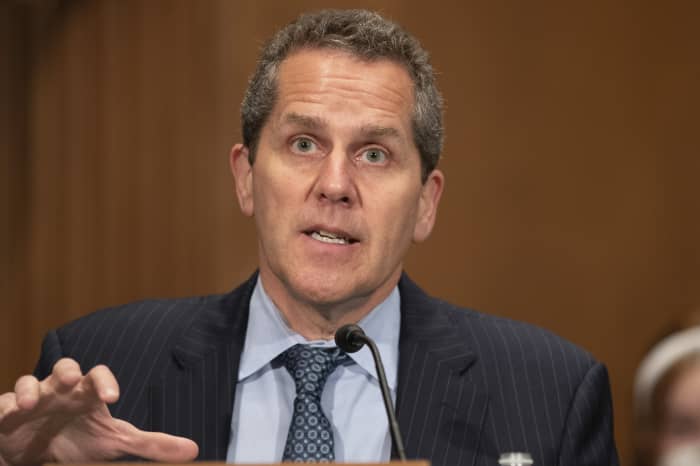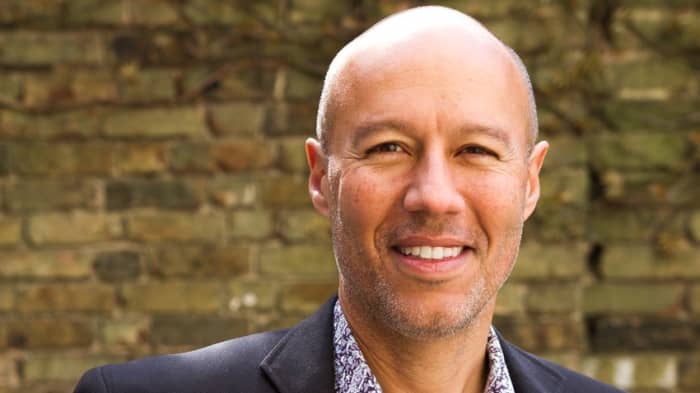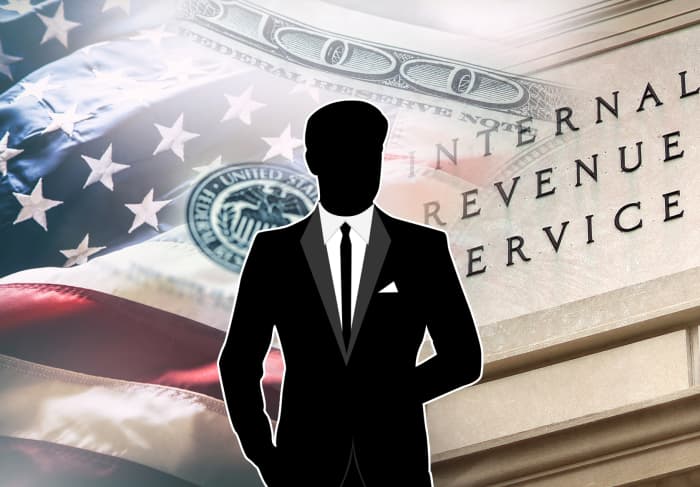This post was originally published on this site
A bank failure can happen in the blink of an eye, but in the case of Silicon Valley Bank, the aftermath is taking longer to play out. And the Federal Deposit Insurance Corp.’s latest action — selling $72 billion of the failed San Francisco bank’s loans to First First Citizens BancShares of Raleigh, N.C., at a $16.5 billion discount, underscores a difficult environment ahead for all sorts of lenders and businesses.
Silicon Valley Bank was shut down by state regulators on March 10 and handed over to the FDIC, which completed the First Citizens deal on March 26. On Monday, news of the deal pushed shares of First Citizens up 44%. Investors love the sort of discount that increases the purchaser’s tangible common equity by about $9 billion, according to a March 27 estimate by Janney Montgomery Scott Director of Research Christopher Marinac.
But what about that tremendous discount on SVB’s commercial real-estate loan portfolio? Joy Wiltermuth interviews several veteran CRE investors, one of whom says the 23% discount on the loans sold by the FDIC has set a “baseline” for the commercial property credit market. Going further, CapStack Partners CEO believes the implied valuation of 77 cents to the dollar is “the top end, not the bottom end for commercial real-estate loans.”
Read on: Office property woes could be tip of iceberg if credit freezes up as $1 trillion bill comes due
More about CRE, the Silicon Valley Bank fallout and reaction:
And now for some more fallout

Federal Reserve Vice Chair for Supervision Michael Barr testified before the Senate Banking Committee Tuesday to discuss the failure of Silicon Valley Bank.
Tasos Katopodis/Getty Images
Congress is already discussing legislation to strengthen oversight of banks. Then again, maybe regulators can tighten supervision of the industry under current laws. Here’s coverage of political and regulatory developments:
Shop around and get paid a lot more

You can set up an online savings account easily and receive much more interest, if your local bank keeps paying next to nothing.
Getty Images
There have been many reports of people moving deposits from smaller or regional banks to large banks, out of concerns over recent bank failures. But there is another reason to move money: some banks continue to pay next to nothing in interest for savings accounts. But if you shop around online, you can receive close to 4% in interest on savings, even at some very large banks.
Andrew Keshner interviews Paul McAdam, J.D. Power’s senior director of banking intelligence, who sheds light on what savers have been doing with their money.
How some investors are profiting from bank failures — it can be a rocky road
When traders believe a stock will fall hard, they can use options to bet against a company. They borrow the shares, sell them immediately and hope to buy them back at a lower price later, return then to the lender and pocket the difference.
Joseph Adinolfi explains how options traders who bet against SVB Financial Group
SIVBQ,
and Signature Bank of New York
SBNY,
were “left in limbo” as they tried to lock in their profits.
How other investors look to make money on the rebound

There are always bargain shoppers when groups of stocks fall.
Getty Images
The financial sector of the S&P 500
SPX,
took a double-digit hit during March. That means some investors are already picking through the wreckage for opportunities. Michael Brush shares five clues to find bank stock bargains from two money managers with long records of profiting in the sector.
Artificial intelligence and stocks

MarketWatch photo illustration/iStockphoto
James Rogers takes a survey of the AI landscape for investors, separating flashes in the pan from other companies that may be long-term winners in the space.
Other possibilities:
- 11 stocks in the S&P 500 expected to form an exclusive growth club for investors
- This stock ETF keeps beating the S&P 500 by selecting for quality
New leadership at Lyft

David Risher was named Lyft’s new chief executive on Monday.
Lyft
Levi Sumagaysay incoming Lyft
LYFT,
CEO David Risher, who has interesting things to say about competition with rival Uber Technologies
UBER,
and how he will be paid.
Tax Guy has advice for non-filers

MarketWatch photo illustration/iStockphoto
Andrew Keshner — the Tax Guy — provides all sorts of advice on how to handle complicated tax rules. Now he helps a reader who just found out her husband hadn’t filed tax returns for several years. Here are the possible implications.
More personal finance coverage:
Tech time — Micron’s write-down and a possible bottom for its shares
When can a quarterly net loss of $2.3 billion be good news for a company, or for its stock? Jeremy C. Owens explains why investors reacted well to Micron’s
MU,
inventory write-down.
Theresa Poletti takes another look at Micron’s results and sees high stakes for investors, while Emily Bary shares reaction from analysts.
Want more from MarketWatch? Sign up for this and other newsletters, and get the latest news, personal finance and investing advice.

